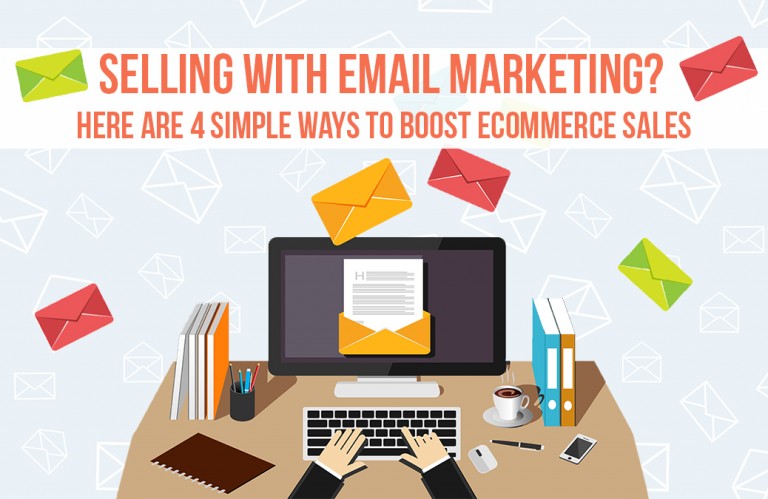

It’s a fact: email marketing outperforms social media for selling online. That should come as no surprise. Post an offer or discount on social media and there’s a risk that target customers may not be online at the time. Consequently, the offer gets lost in an avalanche of posts when they do eventually log in.
By contrast, send an automated – yet personalized – email and your offer will reside in the most intimate of digital spaces: the inbox.
Research by the Direct Marketing Association uncovered these interesting numbers:
- 4,000% is the estimated ROI of eCommerce marketing emails;
- 72% of consumers would rather receive promotional material via email than social media; and
- 38% of consumers say that they subscribe to email lists to get special offers.
Keeping these statistics in mind, consider the following points to help use marketing emails to convert subscribers into buyers:
Make your email stand out
Billions of emails circulate the world on a daily basis. Your customers are busy people. It’s important to make sure your email stands out from the crowd and can be read on any device. Chances are, the mail will be opened on a mobile device, so text should be responsive to the size of screen.
Bear in mind that the aim of your subject line is to get people to open the mail. No more, no less. Keep the subject line short and specific. Address the mail to a particular person, if possible, rather than to a company. Avoid words such as “free,” that have a tendency to trigger spam detectors.
Content matters
Once the customer has opened the email, it’s important that they see the benefit to them. It could be a great offer, or perhaps some amazing informational content. Use graphics and images that add value and vary the visual dynamic with bullet points.
Call to action
Once the customer has a few salient details about your offer and understands the benefits, insert a call to action. Focus on the one action you’d like the customer to take. It could be “Buy Now,” “Download Today,” or “Read More,” but try to use a button graphic rather than text. Shopify’s email Buy Button is a perfect example of a visible call to action.
Don’t forget to place any button or text where it can be easily seen without the customer needing to hunt for it.
Time is of the essence
Before hitting the “Send” button, think about the timing of an email. While it’s true that the mail will be waiting in the inbox for the customer, catching them at the most convenient time can be key. For example, a number of studies by email marketing management platforms such as MailChimp and Hubspot have shown that most email is opened mid-morning on weekdays.
However, this is just a general trend and might not be true for your audience. Test and analyze when your mails are opened – most email marketing software products will be able to check – and customize your mail-outs accordingly.
Not every customer will be in a buying mode, so it’s important to nurture your email contact list from time to time with items that inform rather than sell, such as newsletters or info blog posts.
And remember, email marketing is one of the rare forms of advertising where the customer has actually consented to receive information from you. Use that fact to your advantage to move people who have browsed your site into customers familiar with the checkout process.

